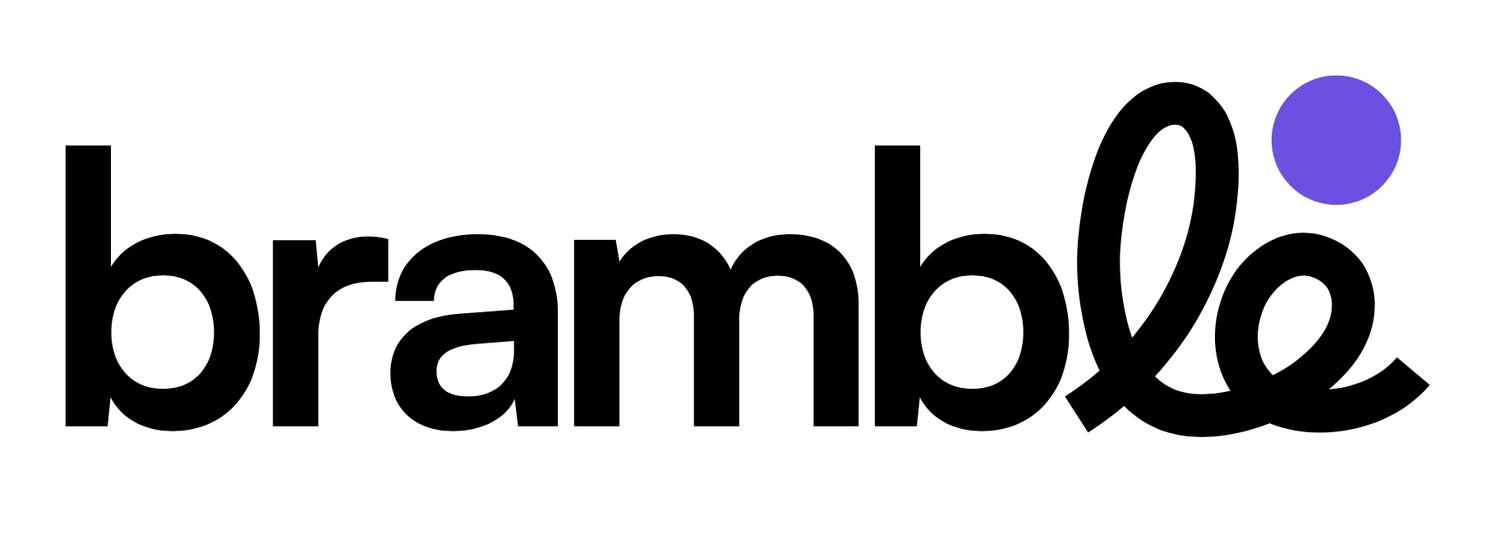Onboarding doesn’t need to be this hard.
We’ve all been there, it’s your first day at a new company. A laptop showed up a few days ago and someone emailed you a handbook and a 90 day target list (maybe) and left you to read it and figure it out, but with the encouraging message that “we are here if you have any questions”.
And then the cold sweats start! Even if you weren’t nervous of ‘looking foolish’, you don’t even know who to ask questions to.
Why are we still doing this to people, smart people we’ve decided we want to work with?! The answer is simple, because we are looking at it from the business’s point of view - we gave them the tools they needed (kinda), and told them what work to focus on (cause we are a start up and we need them to hit the ground running obviously), we want to treat them like adults and trust them to figure it out.
But if we take a minute to sit and think about it, if we really want them to come in and make an impact, and fast, we need them to know how we got here and we need them to feel safe & welcome. Even the best handbook in the world isn’t going to accomplish that for you!
As someone inside the business already you are used to the way things work here, and it feels “normal” to you. Newcomers won't know the rituals and ways of working specific to this business, and will have expectations based on previous experiences that may not match your own expectations. So you need to be explicit in your expectations of how you do things here.
Think of it from the newcomers point of view
People make an impact when they know:
Where they belong (their role here)
Who to talk to
What is the point of it all (i.e. big picture, mission) &
How we do things here
If you’ve hired well, by now they know the mission of the business and hopefully their role in helping to build it! But we need to get them up to speed on the rest as quickly as possible, there’s never any time to waste.
You hired adults, who want autonomy and ownership, so your only job is to give them the context they need to get on with things!
Put yourself in their position, how do you get as much of the implicit knowledge that employee number two in your business has; all that context, history & learning, to them as quickly as possible. There are tons of templates out there, but like anything, a tool doesn’t work unless you are proactive about it and consider the intended outcome for the individual!
Some basics to get you started:
Standardise the onboarding
80% of learning in a new job is about the company, not the job (that’s what you hired them for in the first place, so it’s easy to template that 80%)
Make it the same for every future newcomer (saving yourself time later), use a template & standardise it where you can
Make a template, evolve it as you grow, but the time up front will not only make future hires easier but ensure that nothing is forgotten either
Be clear on learning outcomes
Week one is getting to know the team and industry, week two is their role & metrics, etc. etc.
Recognise that everyone learns differently, so give them options
Readings, recordings, walking them through, and hands on time to get stuck in and try it out
This also makes it easier to build; record the first training session, document anything you can, link to articles, then your 1to1 sessions are about Q&A and building relationships
Spell it out!
What’s normal here isn’t normal everywhere, write it down!
E.g. how do you approach conflict, does everyone take holiday a certain time of year, are you expected in the office certain days of the week…
That stuff that you just “overhear” in a workplace isn’t intuitive if you come from a different business culture, let alone if you are working in a remote team, that learning curve is just TOO long
Make the introductions proactively
Book the meetings in for them!
Not everyone feels comfortable taking time out of other’s diaries, or even knows where to start
You are proactively building relationships, so now they know who and where to reach out with questions and they get an understanding of interactions across the business
Keep checking in, proactively
Daily, weekly, then monthly
Regular meetings, booked ahead in the diary, not just an open door policy (those simply don’t work!)
If you give people the time, they will ask, if not they will stumble through, and you DEFINITELY don’t have time for that at this stage!
Now, let them get to work! You’ve now given them the framework and space to ask questions, and given them clear goals for the first few months, now let them get on with things.
They will be more invested in the long term, if they feel useful early on!
A short workshop and a few hours of advising can help build a great onboarding specific to your team, reach out to michelle@bramble.club to discuss.
